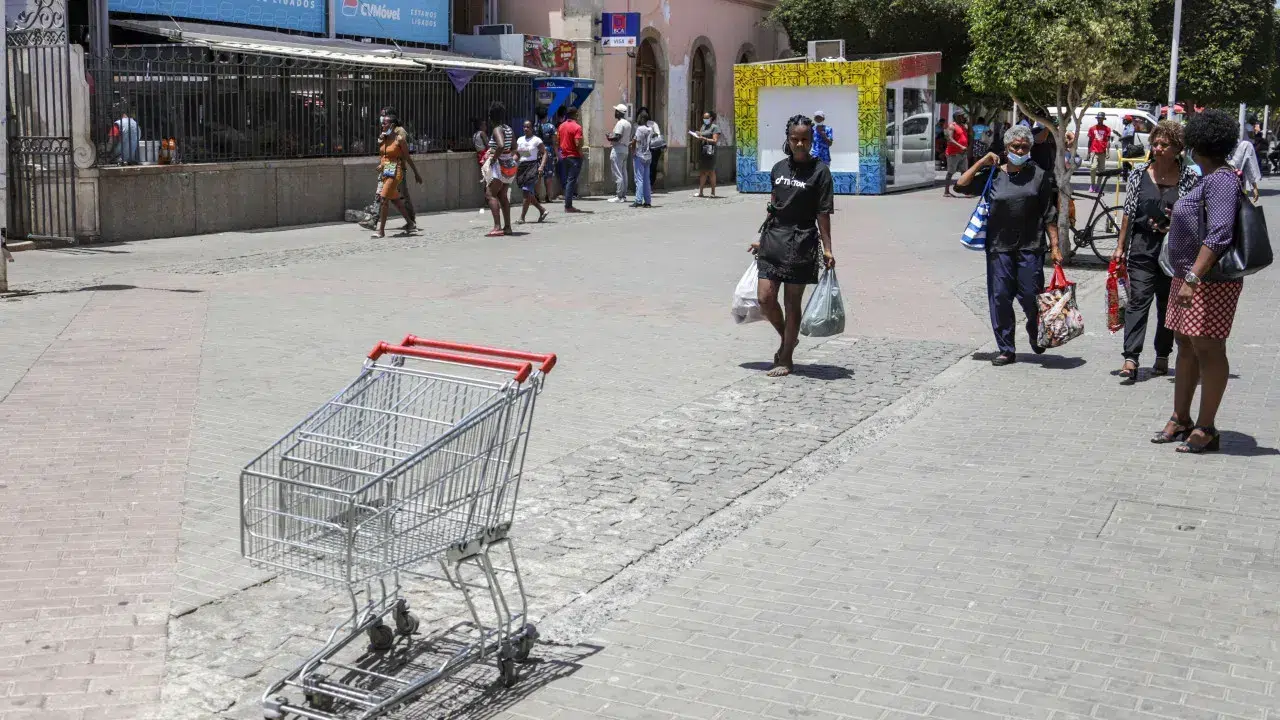
“As of today, July 1, 2025, Cape Verde is classified as an upper-middle-income country, according to the criteria established by the World Bank Group,” the institution stated.
The reclassification “reflects a 16.8% increase in Gross National Income (GNI) per capita between 2023 and 2024, indicating the country’s economic growth,” notably “a real growth of 7.3% recorded in 2024” primarily driven by tourism.
Also contributing to the calculations were lower internal inflation and a downward revision of the national population, “with a 12.8% decrease, according to United Nations data,” which had a “direct impact on the calculation of GNI per capita.”
The World Bank categorizes global economies into four income groups: low, lower-middle, upper-middle, and high-income, with classifications updated annually on July 1, based on the previous year’s GNI per capita.
This classification does not, by itself, imply changes in eligibility for access to group resources, it added.
“Cape Verde will continue to have access to concessional financing, notably through the International Development Association (IDA),” stated Prime Minister Ulisses Correia e Silva in an online post, describing the classification as an “achievement” that is “the result of the hard work” of the people.
“Recognizing the challenges that persist, Cape Verde will work with the World Bank Group in defining a transition plan within the framework of the new Country Partnership Strategy,” he concluded.




